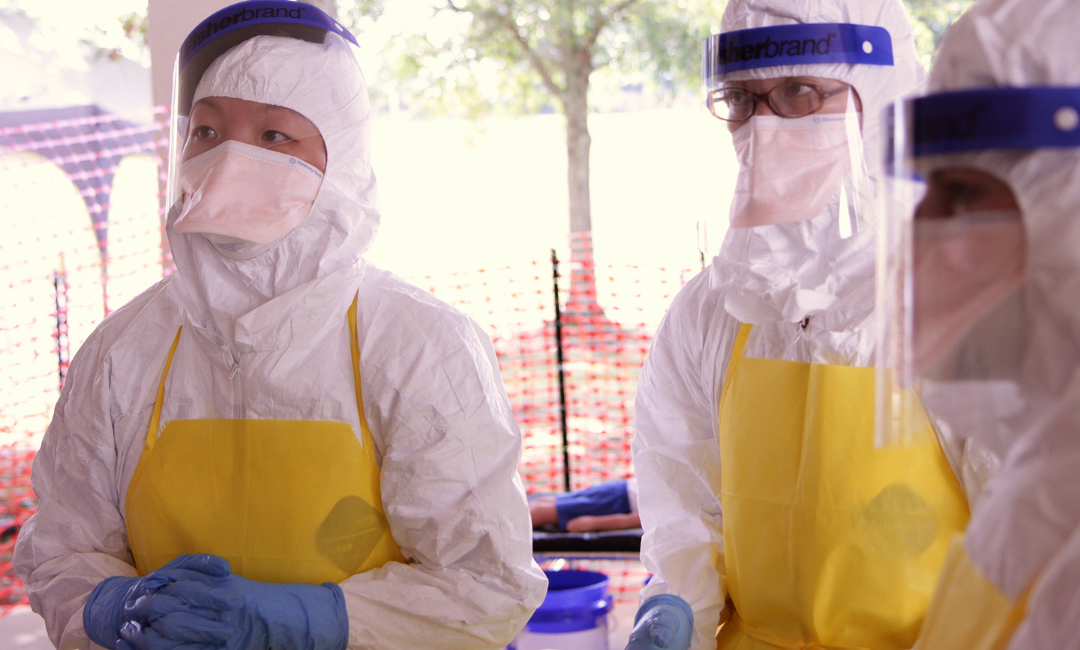What is a STEM Industry?
Judith Ramaley, a director of the National Science Foundation, coined the term STEM — an acronym for science, technology, engineering, and math — in 2001 as an update to its predecessor “SMET,” according to Insight IEEE USA’s Dan Donahoe.
While there’s no “commonly agreed upon definition of STEM,” the U.S. Bureau of Labor Statistics detailed a framework in 2019 that includes two major domains, each with two subdomains:
- Science, Engineering, Mathematics, and Information Technology
- Life and Physical Science, Engineering, Mathematics, and Information Technology Occupations
- Social Science Occupations
- Science‐ and Engineering‐Related
- Architecture Occupations
- Health Occupations
Within those subdomains, five types of occupations are detailed:
- Research, Development, Design, or Practitioner Occupations
- Technologist and Technician Occupations
- Postsecondary Teaching Occupations
- Managerial Occupations
- Sales Occupations
In that framework, some occupations fall into multiple subdomains or occupations, including health information technologists, medical registrars, healthcare practitioners and technical workers.
Donahoe argued that confusion surrounding STEM policy is rooted in the term’s origins.
“A definition based on agglomerating dissimilar technical skills and the practice of improperly applying educational concepts to the labor force yield a confusing picture,” Donahoe wrote. “Such confusion is inevitable whenever attempting to solve any improperly stated problem in science (including social sciences and economics), mathematics, engineering, or technology.”
STEM Industry Status Update
Federal classification of STEM occupations isn’t fully in line with the BLS definitions, as evidenced by VA’s classification, which Axios reported makes its population “eligible for STEM scholarships.”
Similarly, the National Institutes of Health (NIH) recognizes nursing science through its National Institute of Nursing Research and receives nearly $40 billion annually for STEM education and research programs.
Despite the NIH categorization, “nursing continues to be excluded from designation as a science by other federal designations,” according to a 2022 article in the “International Journal of Nursing Studies Advances” (IJNSA).
Even in its most recent update (July 2023), DHS’s list of STEM degree programs, which is based on DOE classification, has yet to add nursing.
Newly allowed degree programs include: landscape architecture; institutional research; mechatronics, robotics, and automation engineering technology/technician; composite materials technology/technician; linguistics and computer science; developmental and adolescent psychology; geospatial intelligence; and demography and population studies.









